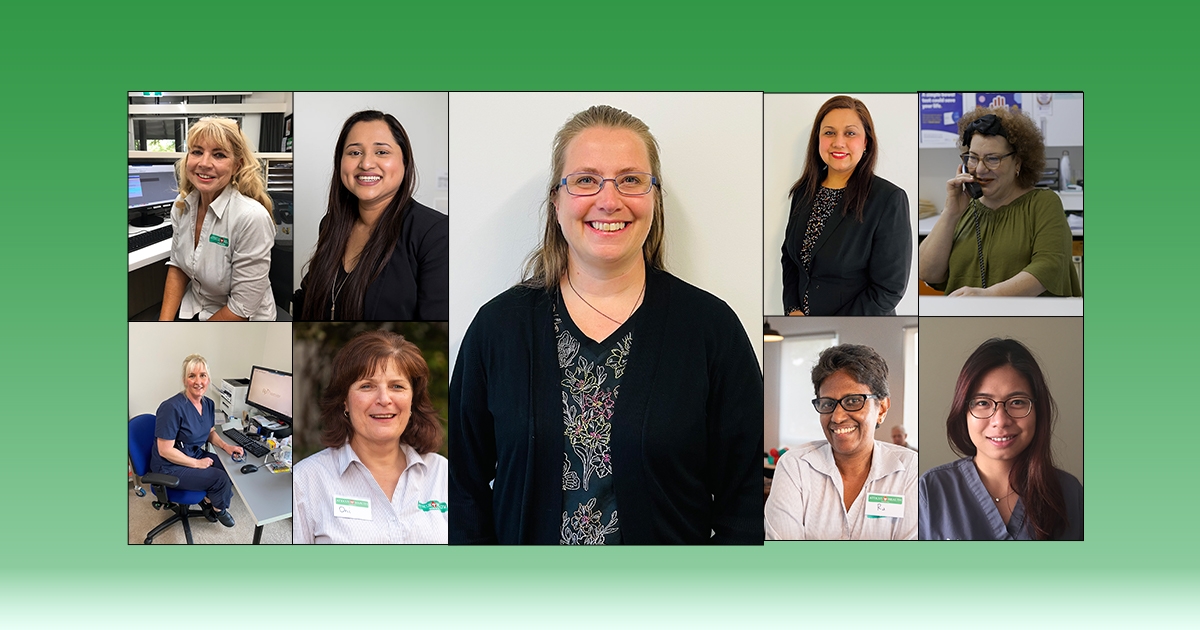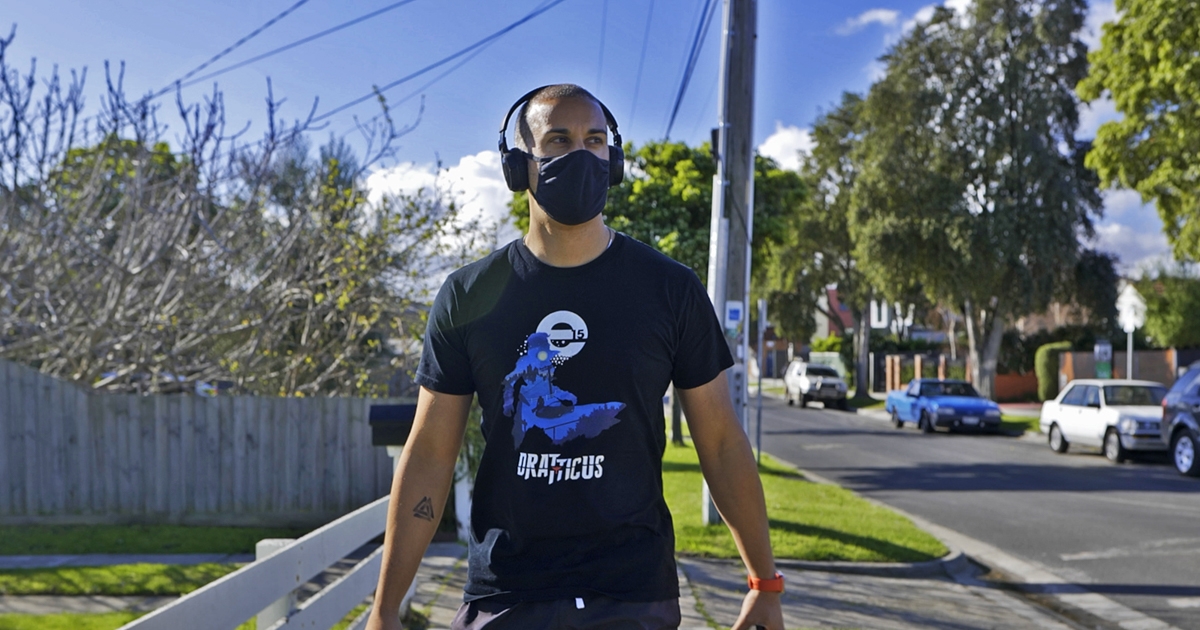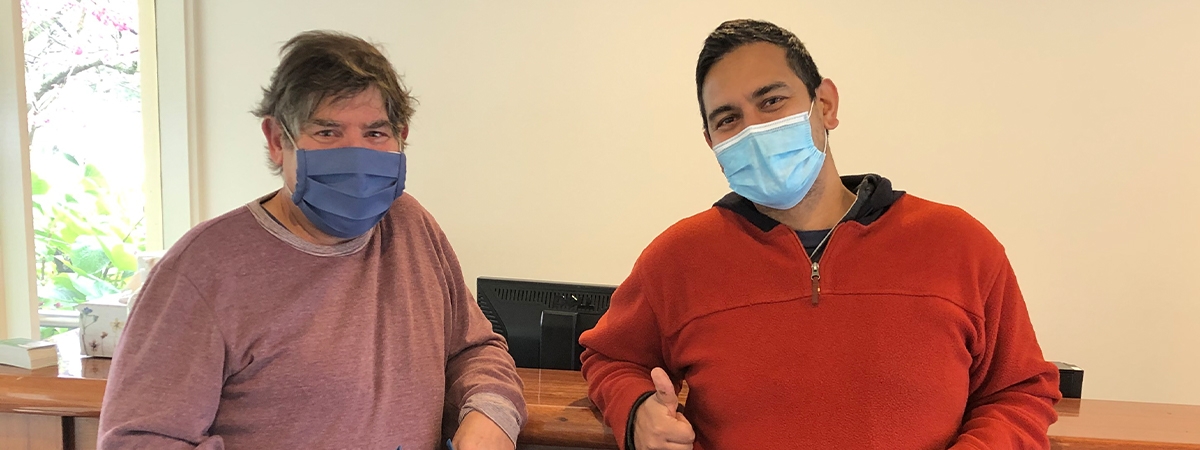Here at Atticus we like to put the focus on women’s health for the week 6th-10th of September. As a woman, midwife, nurse and mum I am familiar with a lot of the health issues facing women today, both from personal and professional experience. For the purpose of this newsletter, I have chosen to focus on perinatal anxiety and depression. The perinatal period refers to pregnancy, childbirth and the first year after having a baby. This is something that is really close to my heart, not only because it is something I experienced myself, but also because it is very common; it is experienced by at least 1 in 5 women in Australia (PANDA).
It is important for women and their families to be aware of risk factors for perinatal anxiety and depression, so that their GP can be involved early on and referrals and Mental Health Plans can be made if needed. Risk factors include but are not limited to: previous history of any mental health problems, social isolation and limited family support, being from a CALD (Culturally and Linguistically Diverse) or LGBTIQ family, financial and housing stress and birth trauma to name a few.
Getting to know your GP early on in your pregnancy, or touching base with a GP you already have an established relationship with, allows you to strengthen that relationship, so you have a trusted medical professional to get in contact with throughout the pregnancy and after the baby is born, which is when most mums struggle. Your GP can advise what the common symptoms are and when to seek further help. A Mental Health Plan gives you 10 discounted sessions with a counsellor, psychologist or mental health nurse, and is available annually to all Australians. Accessing this during your pregnancy allows for learning of coping strategies to use later on if needed.
My story:
In the weeks after I had my much longed-for baby, I experienced extreme anxiety. I remember the feeling of not being in control of my thoughts, panic attacks where I struggled to breathe and constantly crying. During my pregnancy, I was aware of my risk factors; limited family support as my family are all overseas, and a previous history of anxiety. I arranged for a Mental Health Plan with my GP and saw a Mental Health nurse. With her I explored some coping mechanisms that I liked, and started to practise Mindfulness. So, when my baby was born, and I started to notice my mental health declining I was able to draw on this, and to see a medical professional that already knew my history. Even though it wasn’t fun at the time, I believe the fact that I had already built up a relationship with my health care professionals helped. It was quickly addressed and brought under control, and I was able to enjoy being a mum again.
This can happen to anyone, so it’s up to everyone to look out for yourselves as well as each other. If you are planning a pregnancy, have a pregnant partner, daughter, friend or know someone who has had a baby but is struggling, reach out to them, make an appointment for them, go with them if they prefer. There are lots of online resources and phone lines that can offer help and advice, but building that relationship with your GP is going to be a vital step.
Online resources:
Cope: Centre for Perinatal Excellence
PANDA – Perinatal Anxiety & Depression Australia


